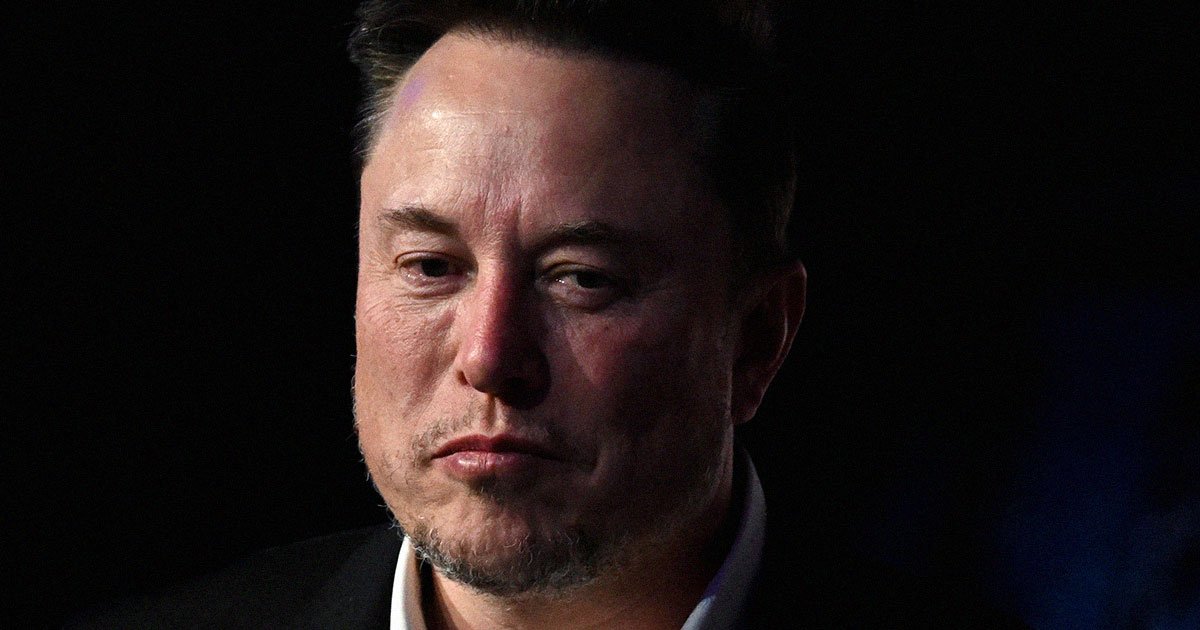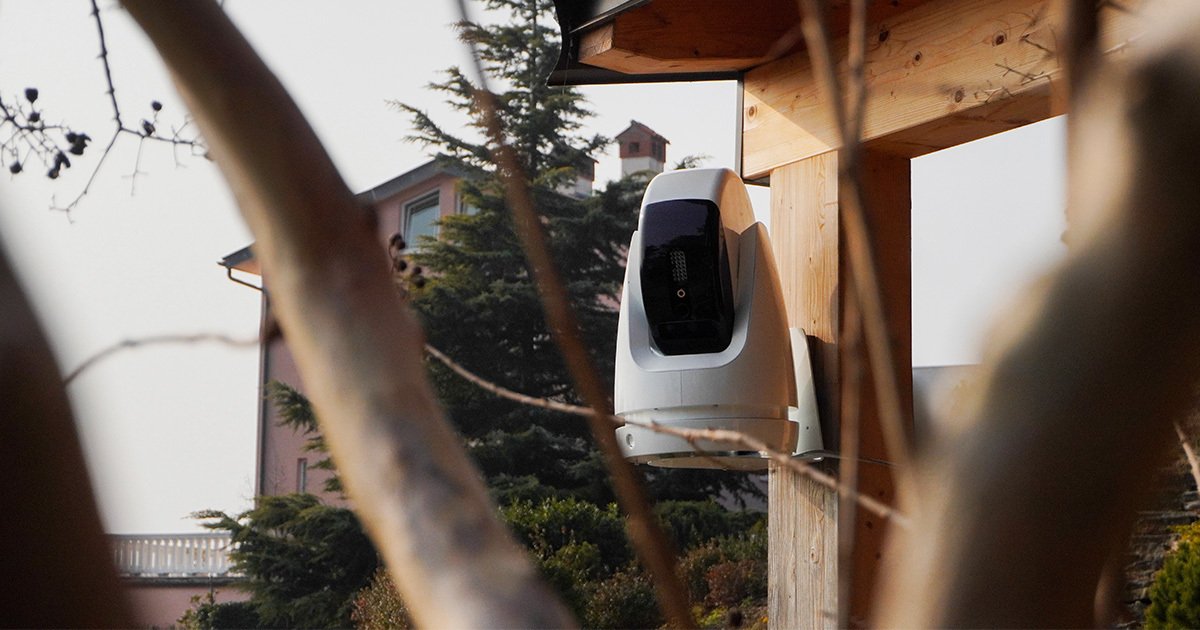Top AI Industry Figures Secretly Hoping AI Will Wipe Out Humankind


It’s probably not a shock to you that the people leading the AI industry don’t have your best interests at heart. But what if we told you that some of them are actually pretty okay with humanity being subjugated, replaced, or wiped out, by the machines they’re creating?
In an essay for the Wall Street Journal, author David A. Price calls the tech figures in this camp the “cheerful apocalyptics.” And their philosophy seems to be that, whatever happens, advanced artificial life forms should be let loose — and if they surpass us, then so be it.
“I was used to thinking of AI leaders and researchers in terms of two camps: on one hand, optimists who believed it’s no problem to ‘align’ AI models with human interests,” Price wrote, “and on the other, doomers who wanted to call a time-out before wayward superintelligent AIs exterminate us.”
“Now here was this third type of person, asking, what’s the big deal, anyway?”
The cheerful apocalyptics have a distinguished advocate: Richard Sutton, one of the AI field’s leading researchers and last year’s recipient of the Turing Award, the most prestigious prize in computer science.
In an interview, Sutton compared creating AI to having children.
“When you have a child,” Sutton told the WSJ, “would you want a button that if they do the wrong thing, you can turn them off? That’s much of the discussion about AI. It’s just assumed we want to be able to control them.”
Sutton argued that there’s nothing “sacred” about humankind and our squishy, biological form of life. Most species go extinct, and humans are no exception. “We are the most interesting part of the universe right now,” he said. But there might come a time “when we’re no longer the most interesting part.”
“If it was really true that we were holding the universe back from being the best universe that it could, I think it would be OK,” Sutton mused.
Sutton is a revered figure in the field, but he’s not someone calling the shots at big tech firms, or designing their AI models.
But to get a peek behind the curtains, we turn to Jaron Lanier, a founding figure in the field of VR technology and an outspoken critic of Silicon Valley. As someone deeply embedded in tech circles, he tells the WSJ that many AI researchers complain that people are too committed to human species.
“There’s a feeling that people can’t be trusted on this topic because they are infested with a reprehensible mind virus,” Lanier told the WSJ, “which causes them to favor people over AI when clearly what we should do is get out of the way.”
“The number of people who hold that belief is small,” Lanier added, “but they happen to be positioned in stations of great influence. So it’s not something one can ignore.”
Another proponent may be Larry Page, the cofounder and former CEO of Google. At a birthday party for Elon Musk in 2015, he argued that “digital life is the natural and desirable next step” in “cosmic evolution,” recalled MIT professor Max Tegmark in his book “Life 3.0,” per the WSJ.
Other proponents are more forward about their pro-AI position. Take Daniel Faggella, an AI entrepreneur who argues that the purpose of developing the tech should be to create a “worthy successor” to humankind.
“The eternal locus of all moral value and volition until the heat death of the universe will not be f*cking opposable thumbs,” Faggella told the WSJ.
There’s a pretty critical flaw in all of this: the proponents at once portray humanity as an expendable stepping-stone towards superior artificial lifeforms, but also presuppose that humans and other intelligent and conscious being have an inherently important role in the grand scheme of the cosmos — that role being the stepping stone. So why is this a cosmic imperative? Ultimately, it feels like arguing over the mechanics of your favorite fantasy or sci-fi world; it has no meaningful impact on the present reality, which is rather convenient, since the current picture of how the AI industry is shaping the world is unbelievably grim, from its disastrous environmental toll to entrenching surveillance to how its products are driving many of its users off the deep end.
With all that in mind, it should you alarm you that this kind of technological misanthropy has a foothold in the AI world.
More on AI: Stalker Already Using OpenAI’s Sora 2 to Harass Victim











